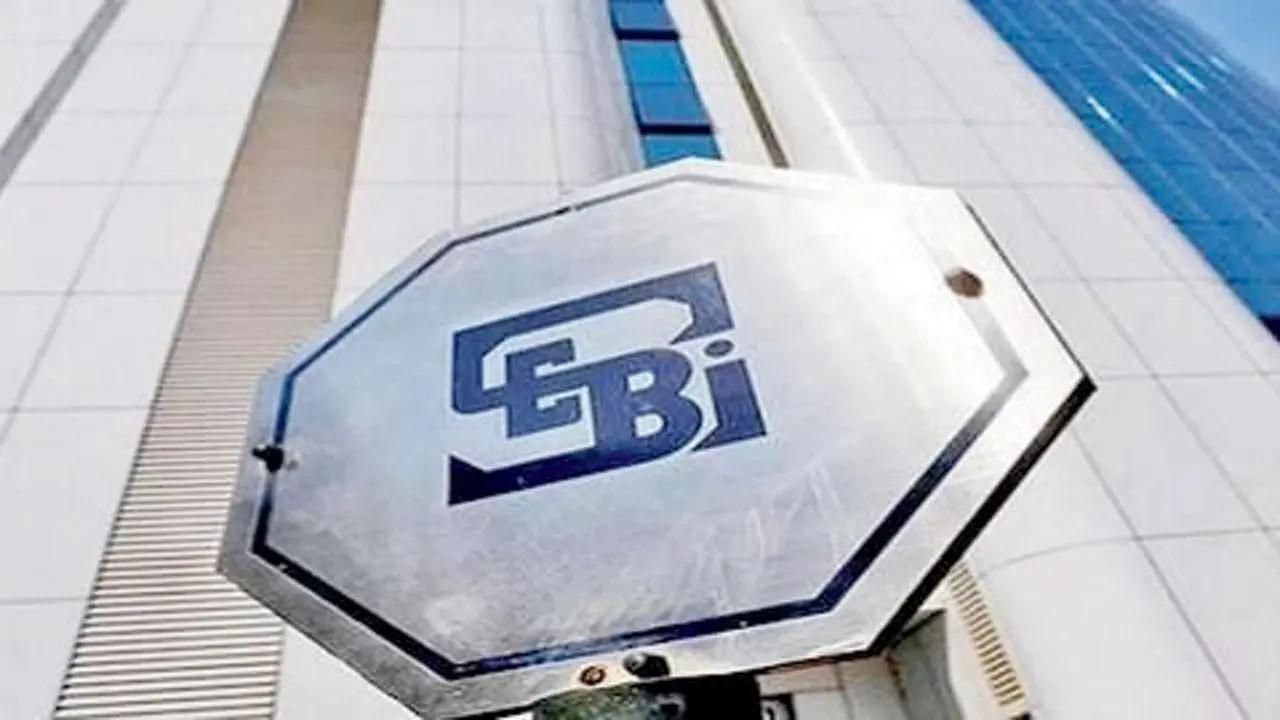Home / Business / Business News / Article /
SEBI proposes stricter norms for derivative trading on individual stocks
Updated On: 18 June, 2024 01:38 PM IST | Delhi | mid-day online correspondent
SEBI highlighted risks of low-turnover derivative equities in a recent consultation paper, including potential market manipulation, higher volatility & weaker investor protection.

SEBI/ File Photo
The Securities and Exchange Board of India (SEBI) has recommended stiffer guidelines for including individual equities in the derivatives segment. This programme seeks to eliminate equities with continuously low turnover from the Futures & Options (F&O) division of stock exchanges.
SEBI underlined the hazards associated with low-turnover derivatives equities in a consultation paper released earlier this month, including potential market manipulation, higher volatility, and weakened investor protection. "Without sufficient depth in the underlying cash market and appropriate position limits around leveraged derivatives, there can be higher risks of market manipulation, increased volatility, and compromised investor protection," SEBI said per the PTI report.



